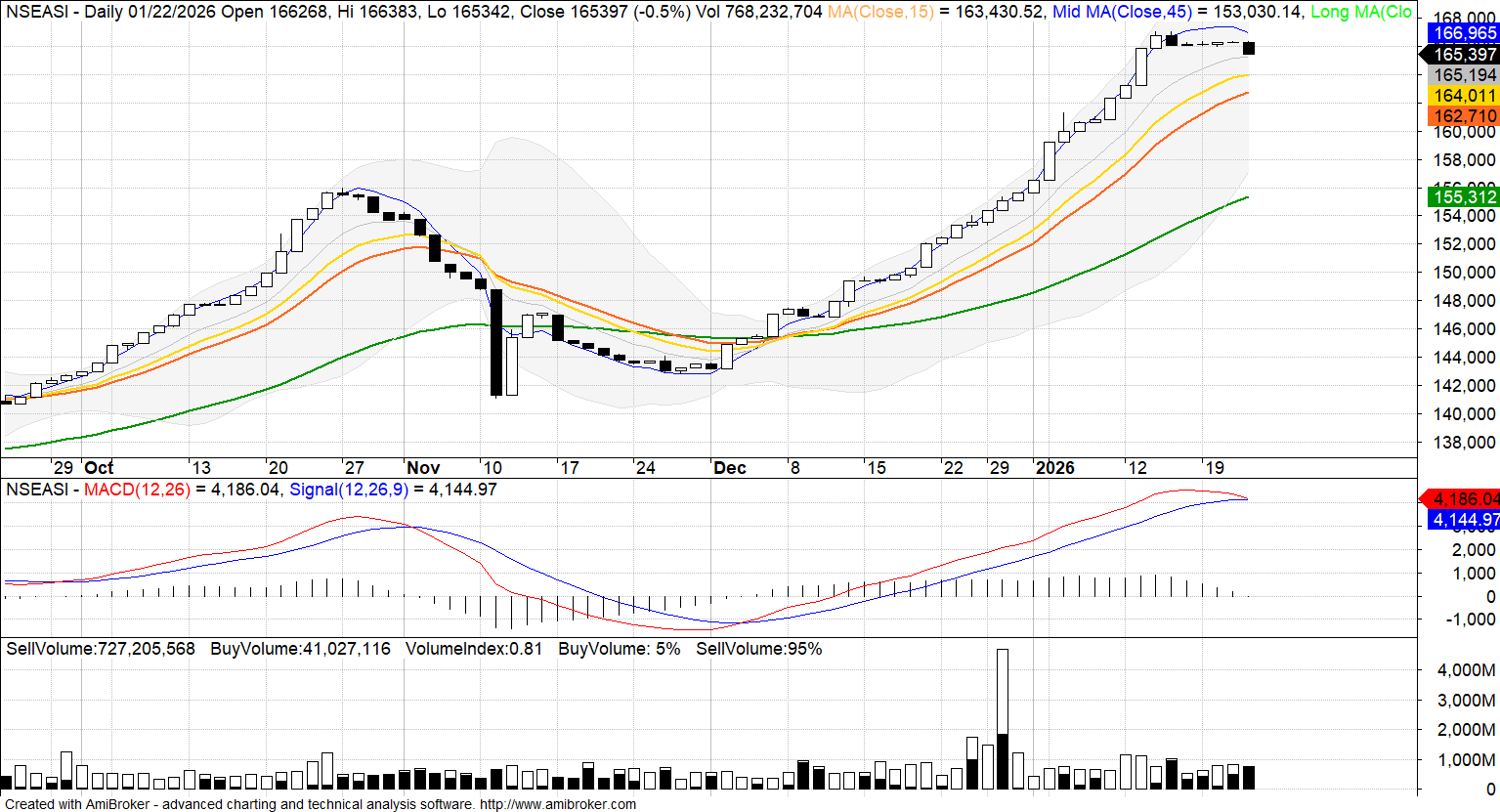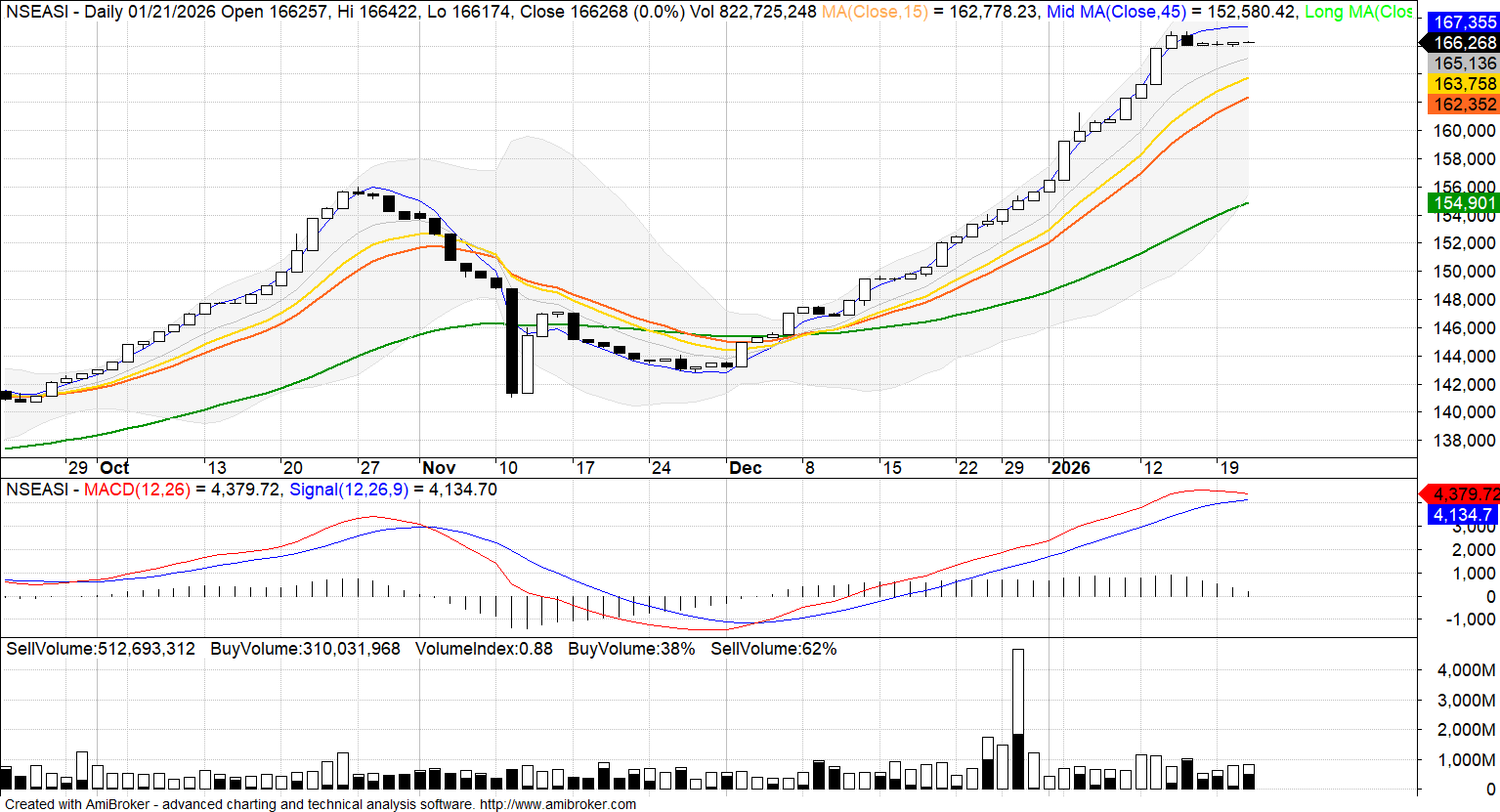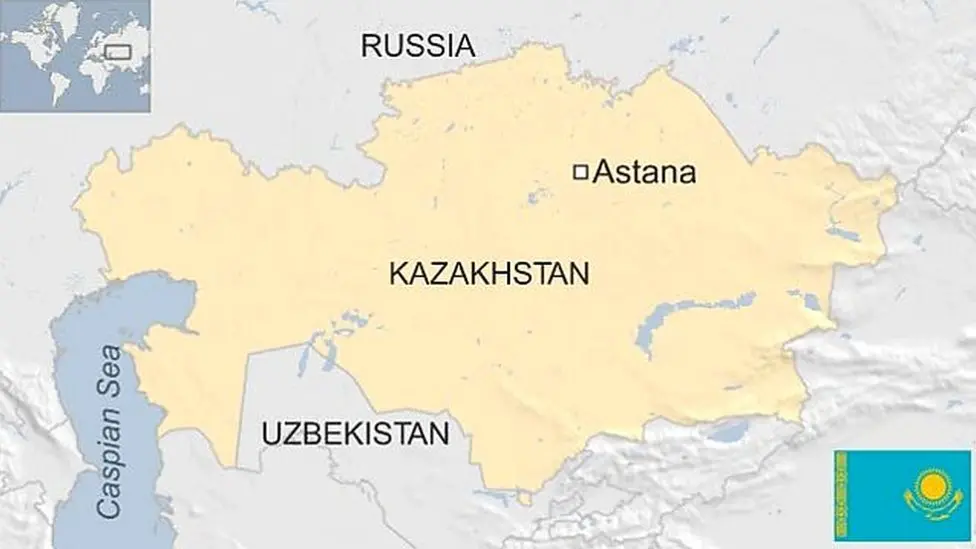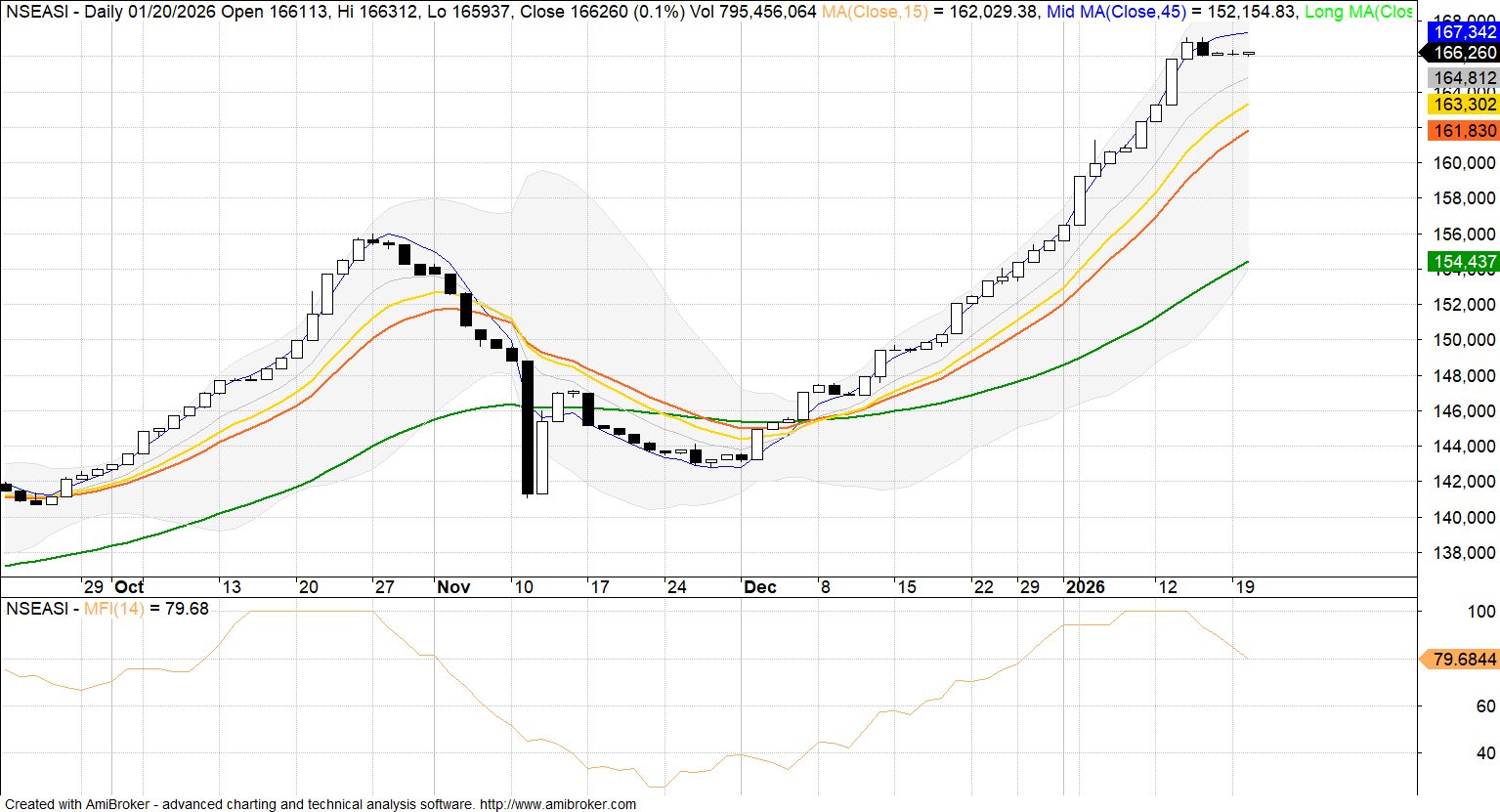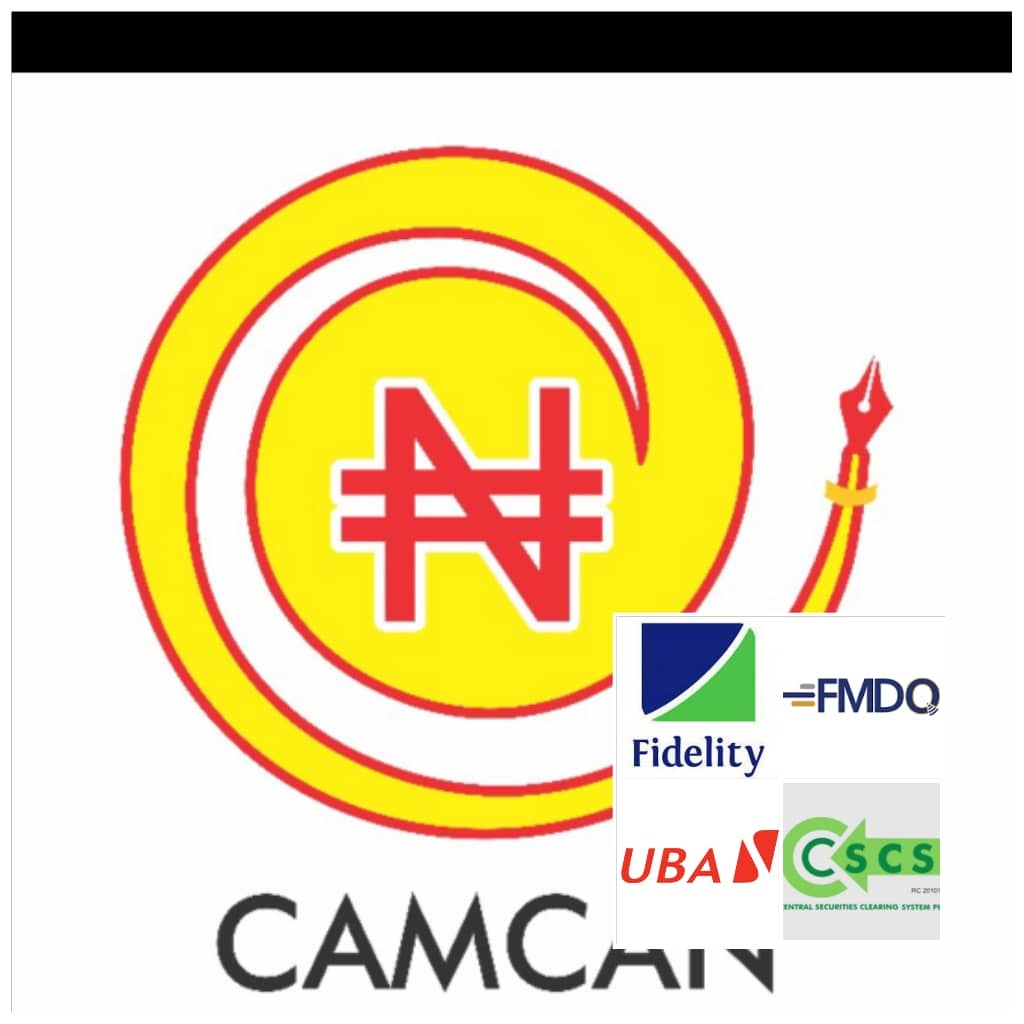Investment banking giant- Renaissance Capital, on Monday applauded the Federal Government for producing the Economic Growth and Recovery Plan (ERGP), thereby providing a blueprint of long term economic objectives and action plans to achieve them.
In a research note by Yvonne Mhango, Sub-Saharan African Economist, titled “Sub-Saharan Africa: Pockets of value,” the firm lamented the non-passage of the short-term plan as captured in the 2017 Appropriation Bill still before the National Assembly that should ordinarily dove-tail into the ERGP.
The non-passage of the budget in the fifth month of 2017, Rencap said is slowing down implementation of structural reforms and infrastructure projects in Nigeria, which it noted, “are not happening at the pace needed to lift Nigeria’s GDP growth to levels that will allow for per-capita income growth.”
Another source of grave concern that could further slowdown economic growth, the report continued, is “Nigeria’s low revenue/GDP ratio (due to low tax compliance and revenue mobilisation) and an alarmingly low investment/GDP for a country at its level of development. We think the lack of urgency in addressing Nigeria’s structural issues, in the context of a moderate medium term oil price, implies that Nigeria will, at best, be a slow-burn recovery story.”
The nation’s new investors’ and exporters’ (I&E) FX window, while allowing trades at a market-determined rate, Mhango noted, remains “the best indicator of where the market thinks the naira should be trading (closing rate of NGN383/$1 at the I&E window on 3 May).
“We see FX liquidity improving at this window, but it is likely to be slow-going, given that trades are on a non-electronic platform. While we think the recent improvement in FX liquidity is positive, we believe sustained FX restrictions will delay a meaningful recovery, particularly in the consumer and cement sectors.”
The report noted that while growth in Sub-Saharan Africa may be lacklustre, the region has pockets of value such as Ghana and Zambia, where inflation has fallen and interest rates are easing, besides noticeable short-term headwinds that should mean upside for Kenya in 2018. Also, lower inflation could deliver stronger growth in Zambia and Ghana; whose stock markets are among the best-performing Year-to-date on the continent.


